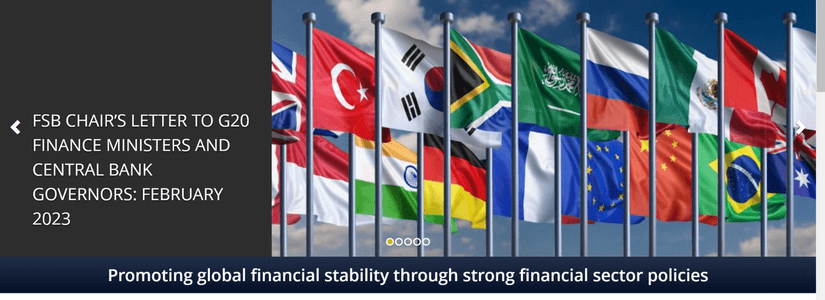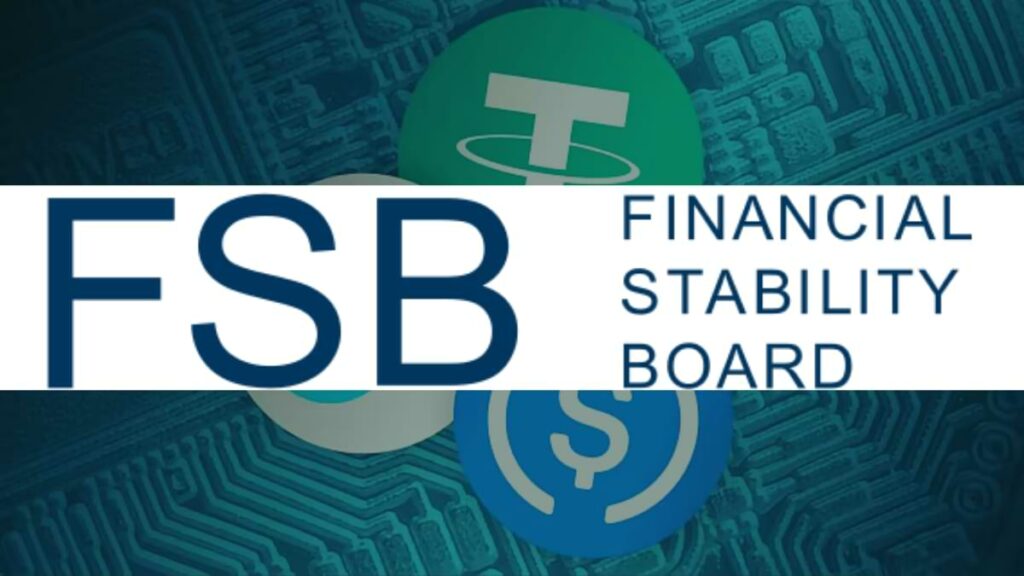Regulators around the world have been taking steps this year to monitor stablecoin cryptocurrencies. The most recent international body that has taken an interest in regulating the crypto asset class is the Financial Stability Board (FSB).
According to a Monday letter from Chair Klaas Knot to G20 finance ministers and central bank governors, the Financial Stability Board (FSB) will finalize its guidance targets for the strengthening of stablecoin governance frameworks, redemption rights, and stabilization mechanisms.
Several current stablecoins, according to the work plan for 2023, would not comply with either the “high-level” recommendations the FSB will release by July of this year or with international standards.
Although it lacks enforcement authority, the FSB is a global institution that monitors and offers advice on the stability and strength of the global financial system. The G20 nations established the organization in 2009 to take over the position of the Financial Stability Forum following the 2008 financial crisis.
Stablecoins, on the other hand, are digital currencies whose value is tied to that of other assets, primarily the value of the US dollar, the euro, or any other liquid asset.
The FSB believes in tighter stablecoin regulation

According to the official document published Monday, the FSB believes tighter regulations are crucial to the crypto sector, considering the number of high-profile scandals that shook the industry last year, including but not limited to the collapse of the Terra-Luna ecosystem and the fall of FTX.
“The events of the past year, such as the collapse of FTX, have highlighted the intrinsic volatility and structural vulnerabilities of cryptoassets,” Klaas Knot stressed. “We have now seen first-hand that the failure of a key intermediary in the crypto-asset ecosystem can quickly transmit risks to other parts of that ecosystem.”
These recommendations, per the statement, seek to promote the comprehensiveness and international consistency of regulatory and supervisory approaches, recognizing that many crypto-asset activities and markets are currently not compliant with applicable regulations.
The Financial Stability Board is reportedly working with the sectoral standard-setting bodies and other of its members to complete the “critical work.”
Furthermore, the FSB aims to collaborate with the International Monetary Fund (IMF) to publish a report that will consolidate the results of policy discoveries on crypto assets.
After they finish the project, the FSB will coordinate cryptocurrency regulation under the guiding premise of “same activity, same risk, same regulation.”
Overall, regulating stablecoins and DEFI might appear like a step in the right direction toward building a more safe and reliable financial system. Yet, it is critical to approach with prudence and work closely with industry experts and stakeholders to ensure that the policy is effective and sustainable for the entire industry in the long run.










